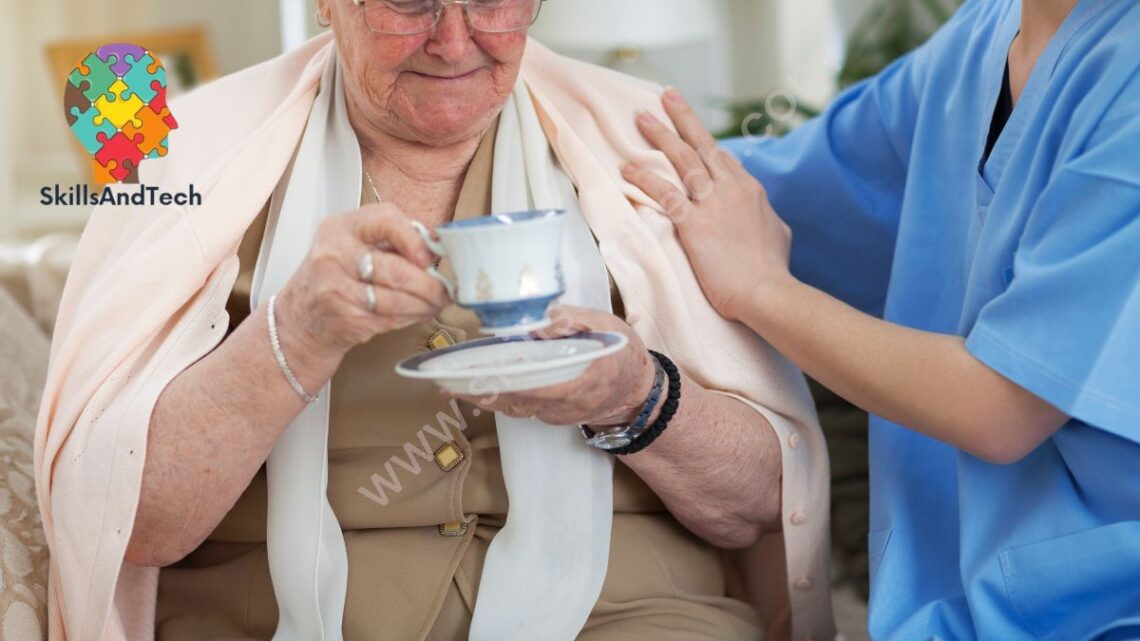
How to Start a Nonmedical Home Care Business | SkillsAndTech
Due to our aging population, the home healthcare industry is growing at a phenomenal rate. If you think you need a nursing degree or other qualifications to help seniors, think again. There is a massive need for nonmedical assistance to help seniors get through each day while maintaining their dignity and independence by staying in their own homes.
See Also: How Much Does it Cost to Open a Bakery
In 2019, the nonmedical home care segment of this industry in the United States is worth about $70 billion. But this isn’t an opportunity for everyone. You will need patience, compassion and the ability to treat your customers as if they were your own parents or grandparents.
Table of Contents
Medical vs. Nonmedical Home Care
As a nonmedical home care provider, it’s important to understand what services you can and can’t offer. Nonmedical home care provides clients with such services as:
See Also: What Is the Cost of Opening a Daycare Center
- Bathing and grooming
- Meal preparation
- Eating
- Light housekeeping
- Companionship
- Help getting to and from the bathroom
- Transportation
- Assistance with walking
- Medication reminders
See Also: How to Start an Auto Leasing Company
Medical home healthcare, on the other hand, provides such services as nursing, physical therapy, monitoring medical equipment or providing hospice care to clients. Licensing requirements are more strict for home health care aides than they are for personal care service providers, and your staff would need to be licensed in their medical fields.
Some clients may need both types of service at the same time. Both types of services may be billed through Medicare, Medicaid or private insurance, but being paid directly by the client or family is more common with nonmedical care.
Forming Your Company
See Also: How to Start an Appliance Business
Like any other business, you will need to choose a business structure. A sole proprietorship or an LLC are relatively easy to set up if you’re starting on your own; otherwise, a partnership or corporation may be the best option. Check the requirements in your state and your city, town or county to ensure you know what registration and licensing requirements may be needed. Even if you don’t offer medical aid to customers, you will still need a license.
There are many franchises available for home care. Franchising for nonmedical home care is currently a $9 billion per year market in the U.S., and franchises are growing by 9.7% every year. The right franchise can offer you a lot of support getting started and can usually help with marketing your business. If you do decide to start out on your own, consider joining one of the many home care associations for guidance, networking and mentorship.
See Also: How to Start an MLM Company
Financial Aspects of Your Business
After licensing and registering your business, startup costs should be minimal, provided you have reliable transportation. You will also need a cell phone so clients can contact you as well as a computer for marketing your business and billing customers. Business cards and either flyers or brochures should also be in your startup budget.
How much you charge for your home care services will likely depend on your location. While the national average for nonmedical home care is $24 per hour, it can be as high as $40 and as low as $18 depending on where you live. Large cities typically have higher rates than small towns.
See Also: What Do I Need to Open a Candy Store
Becoming a Medicaid Home Care Services Provider
Under Medicaid, nonmedical home care services are known as personal care services providers. If you want your company to be listed as a Medicaid PCS provider, you will need to contact your state’s department of health. State requirements vary widely, and many states have recently updated their requirements.
Several states have minimum qualifications for PCS providers. In some cases, your state will require that you have the same training and qualifications as a home health aide, while other states have no training requirements whatsoever. Regardless of state requirements, Medicaid has strict requirements and procedures for how you can bill your services.






One Comment
Pingback: